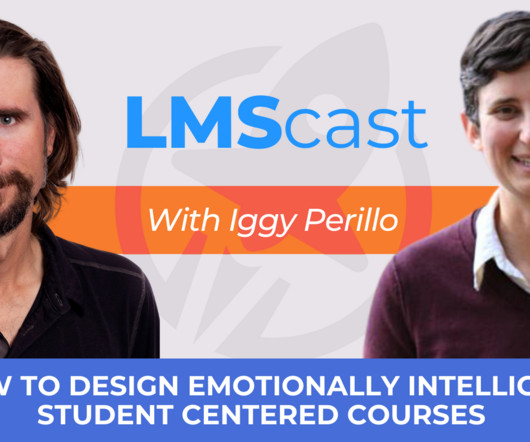The Andragogy Theory
Ed App
JULY 23, 2019
Malcom Shepherd Knowles (1968) coined the Andragogy Theory as the theory of adult learning. It is no surprise that adults learn differently than children, whereby adults are self-direction and ready to learn. . There has been much research into pedagogy over the year, however significantly less study of andragogy.































Let's personalize your content